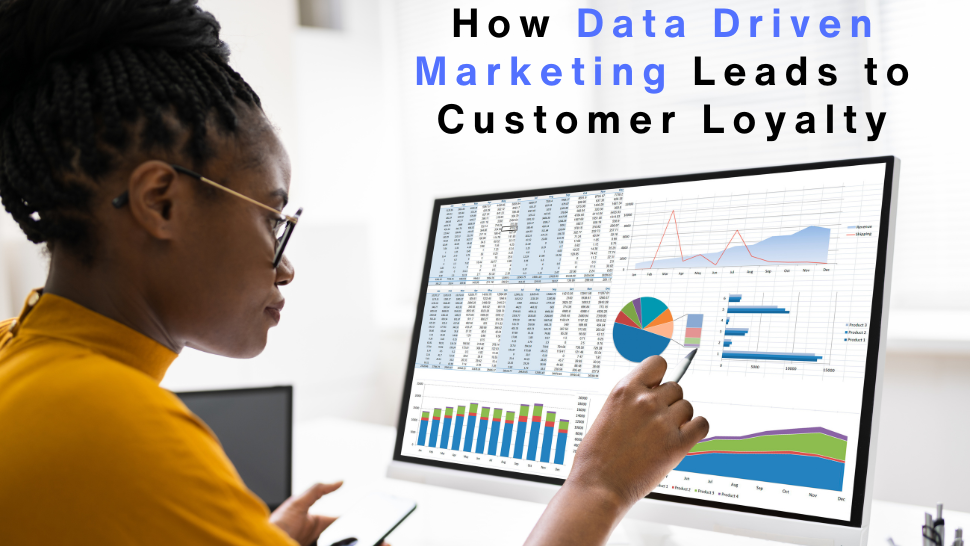- Design industry shaping loyalty programs
- Integrate easily and go live quicker
- Deliver hyper-personalized consumer experiences
Blue Rewards from Al Futtaim Group Shares Loyalty Success Stories and Evolution. Watch Podcast >
Capillary Announces 2nd Annual Captivate 2025 Summit: Transforming Loyalty Management with New AI Tech Read more >

The article was originally published on Philippine Retail Association’s (PRA) Quarterly Magazine.
With a global economic downturn and correction in marketing spending, brand marketers across the globe are focusing on more making getting the maximum RoI on their campaigns. At Capillary, having worked with more than 250 enterprises, we see that a majority of the marketing budget is spent on acquiring new customers while it is a known fact that loyal customers are the ones who contribute more towards business growth. In such a scenario, it is incredibly important to focus on customer loyalty and have programs that provide genuine value to customers. And this is where data-driven marketing comes into play.
Data-driven marketing refers to the practice of utilizing data and analytics to guide marketing strategies, decision-making, and campaign execution. Data-driven marketing encompasses a range of activities, including customer segmentation, predictive modeling, A/B testing, marketing automation, and performance tracking. It enables marketers to optimize their campaigns, allocate resources effectively, and measure the impact of their efforts with greater precision.
According to a BCG report in association with Capillary, “75% of companies acknowledged that data is the most important lever to drive growth and efficiency.” And this is why data-driven marketing is so important.
This is easy to understand and data-driven marketing has become a bit of a buzz word but what really holds back marketers from using data adequately?
Leveraging technology is a critical component of successful data-driven marketing. By utilizing various tools and platforms, businesses can enhance their marketing efforts, gain valuable insights, and drive customer loyalty.
In conclusion, the implementation of data-driven marketing strategies can lead to significant benefits for businesses, including reducing customer acquisition costs (CAC), increasing return on investment (ROI), and driving customer loyalty.
Reducing CAC is a crucial objective for any organization, as it directly impacts profitability. Data-driven marketing enables businesses to identify the most effective channels, campaigns, and customer segments to acquire new customers at a lower cost. By analyzing data, businesses can allocate their resources more efficiently and focus on the strategies that yield the highest ROI. This leads to improved cost-effectiveness and a more sustainable approach to customer acquisition. And increase in ROI is a key metric that reflects the overall success of marketing efforts.
Both of these drive focus on customer loyalty and when data-driven marketing is implemented in the right fashion, business growth and customer loyalty are a natural outcome.

June 23, 2020 | 4 Min Read
I previously spoke about the downside of being a cash positi

June 22, 2023 | 4 Min Read
A CMO at a global retail firm said in a BCG report, "Decisio

March 21, 2024 | 4 Min Read
Insights into Consumer Packaged Goods (CPG) & Customer Loyal